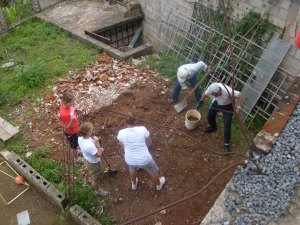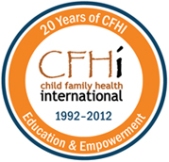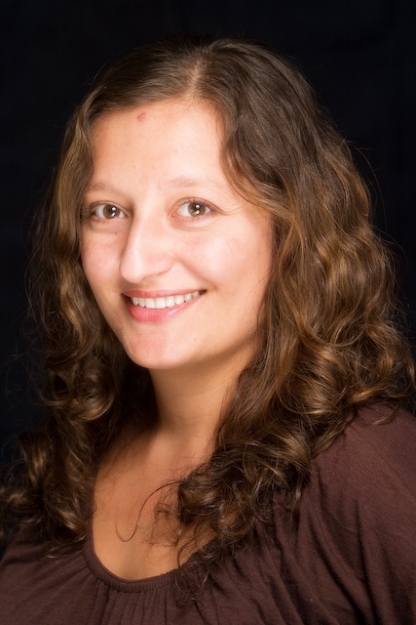This week’s Volunteer Voices comes from Will Epperson, a volunteer with AYUDA.

Photo Credit: Will Epperson
By now I have the routine memorized. Measure out the amount of insulin in air in the syringe. Insert air into insulin vial. Withdraw insulin. Inject. Count to 10. Withdraw syringe. But as I run through these steps in my mind while I prepare to give my first insulin shot to someone else in the town of San Pedro, they become much more complicated than a simple checklist. I have been putting my own pump sites in for years, but injecting someone else with insulin—in Spanish—requires a whole new level of diabetes management skills.
My journey to the Dominican Republic with AYUDA Inc. was filled with moments like these. I learned about how to administer insulin injections to other people (in Spanish), how to check others blood sugars (in Spanish), how to navigate Dominican culture, and even how to speak a little Spanish. I was surrounded by smart, motivated people who genuinely wanted to make a change for the good.
The majority of our time in the Dominican Republic was spent in the capitol city of Santo Domingo. We lived here, ate here, taught here, and learned here and by the end I felt I had a very deep knowledge of the city. Many of the kids that we worked with were from Santo Domingo but some were from other towns that were over an hour away. The first week in country was spent planning for camp that weekend and getting to know each other and the local volunteers from (AAV). We had multiple meetings with Tía Sandra, one of the leaders of AAV to discuss planning activities for camp and the theme of camp: Puedo Ser. In English, this means “I can be” and served as our guiding principle at the camps. We wanted to convey how living with diabetes is only a part of ones life and does not hinder someone from being whatever they want to be.
The first weekend we only had camp one day for Día de la Familia, or family day. We did different activities like freeze tag with blood sugar ranges or a role reversal where the kids checked their parents’ blood sugars. We were surprised that many of the kids already had exposure to much of what we were teaching them but they were all eager to learn more and refine their knowledge. After activities and before lunch we would gather the campers to check blood sugars or glicemias and do insulin injections. I was working in Grupo Verde so we had the youngest campers. At first I though that it would be easier to communicate with the youngest kids since my Spanish is probably most on par with that of a 3rd grader. However, this proved not to be the case. Despite our communication barrier, I loved getting to know the campers both at this first weekend of camp and the second weekend. They particularly loved when we would give them piggy back rides and then race back and forth on the basketball court.
The Monday after our first camp day we were able to take a day trip to the beach to relax after camp the day before. The rest of the week was spent planning for camp and doing outreach. Our first outreach day was to San Cristobol, a mountainous town about 45 minutes away from Santo Domingo. The town has dirt roads and mostly tin houses. We were traveling there to meet the locals with diabetes and to introduce ourselves. It was incredible how excited everyone was to meet us. Many of the locals had been waiting at the clinic all morning for our arrival. Once there, we checked glicemias and then got to know each of the locals. The next day, we went to San Pedro to do another day of outreach. At San Pedro, we set up in the parking lot of a local hospital to host a workshop about diabetes with some of the local patients. I was in the exercise group so we taught about the benefits of exercise for maintaining healthy glucose levels. It was a refreshing change of pace from working with the kids the weekend before. After we finished with outreach we spent the rest of the week planning for camp, making posters, and learning the camp dances.
The second weekend is when we had our big camp session, with camp on both Saturday and Sunday. It was a fun-filled weekend full of water balloons, dancing, chaos, and learning. One of the most memorable experiences of the program was at the end of the day on Sunday as camp was drawing to a close. All of the volunteers lined up in a big semi-circle and the campers and their families came up and thanked each of us. I was thanked by some people who I had never seen before nor spoken to. It really showed me how much it meant to the campers that we were there to help teach them about how to live with diabetes.
AYUDA has positively impacted my life on numerous levels. It has given me the opportunity to help others learn about a condition that I have personally lived with for numerous years and create positive change in their lives. It has given me the opportunity to immerse myself in a foreign culture with incredible people. And it has allowed me to connect with smart, driven, and cool people from across the country. AYUDA had been a very memorable experience and I hope to stay involved with the organization for many years to come.
Lastly, thank you to everyone that donated to my fundraising for AYUDA! Thank you for making this opportunity possible for me and it is thanks to you that AYUDA can continue doing the work that we do.
To learn more about AYUDA click here.
Thank you,
Will Epperson















Recent Comments